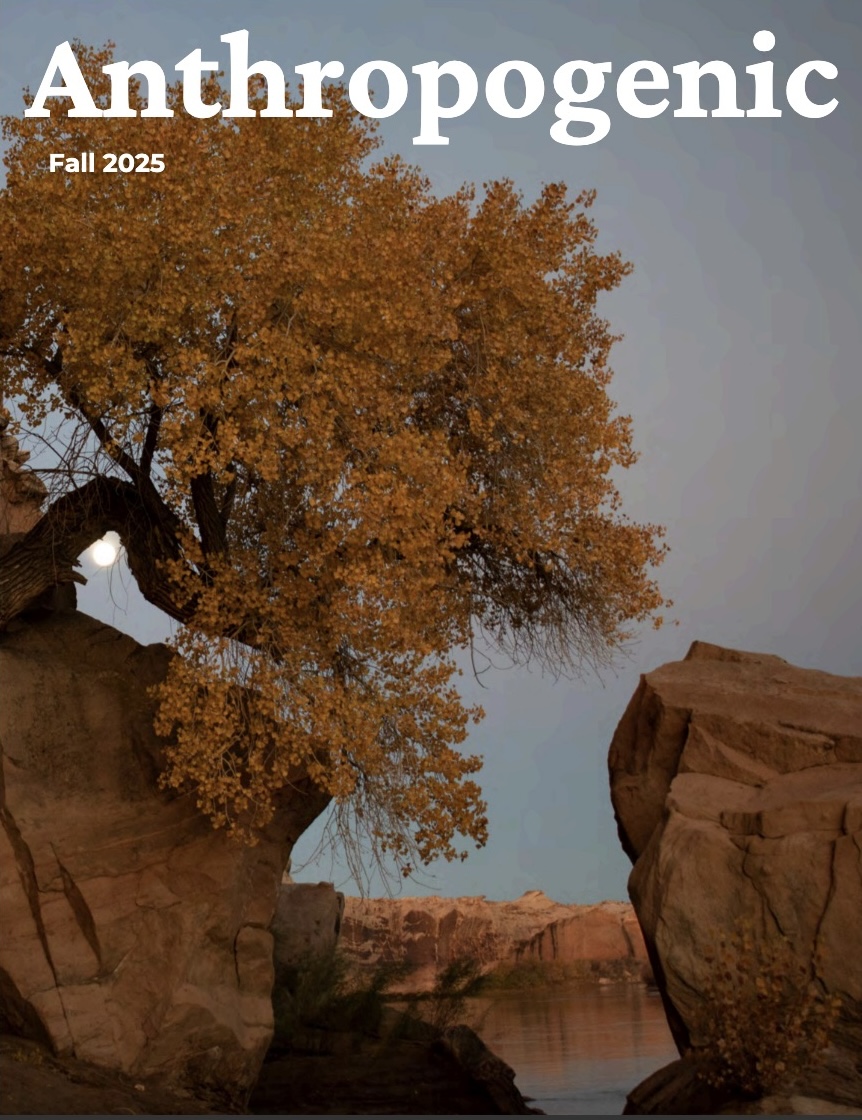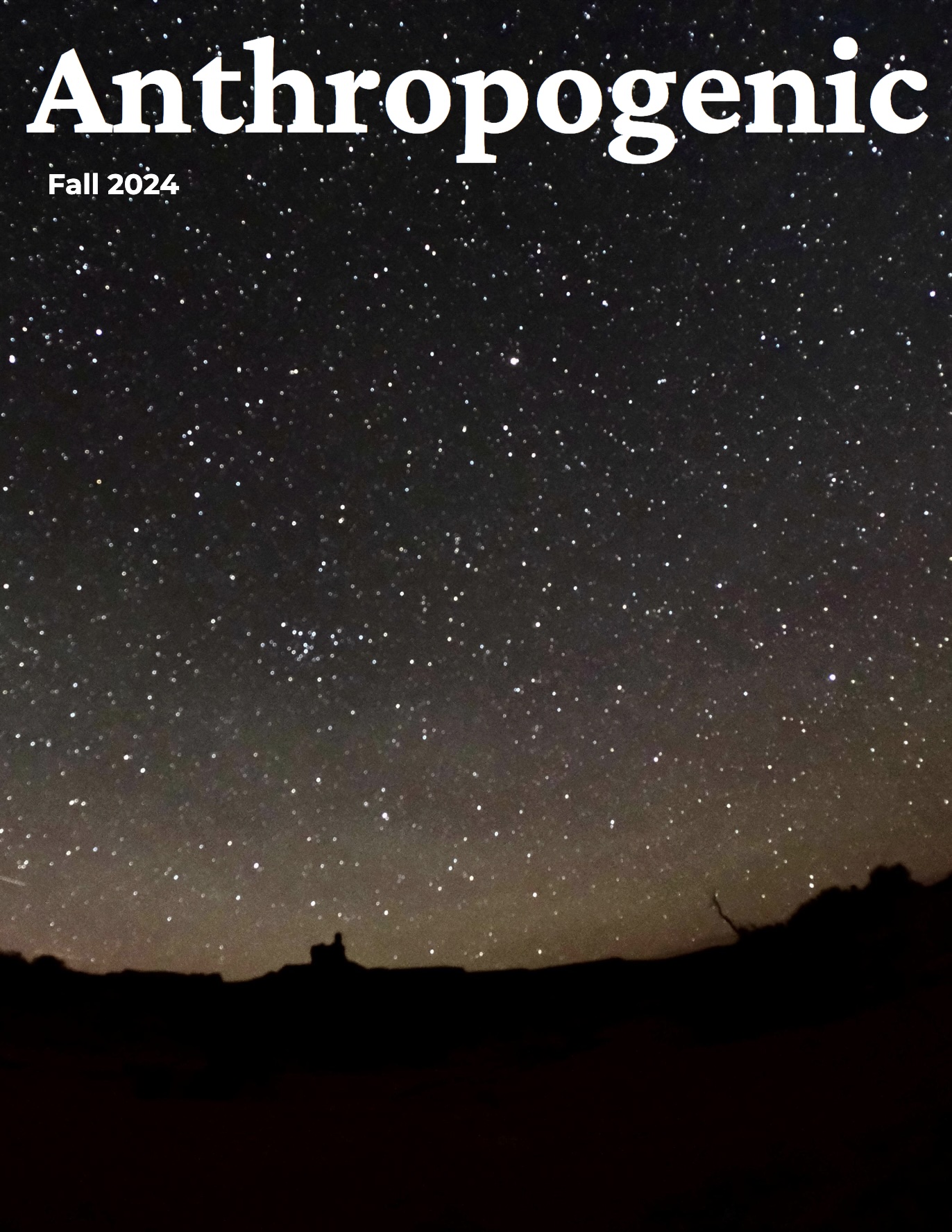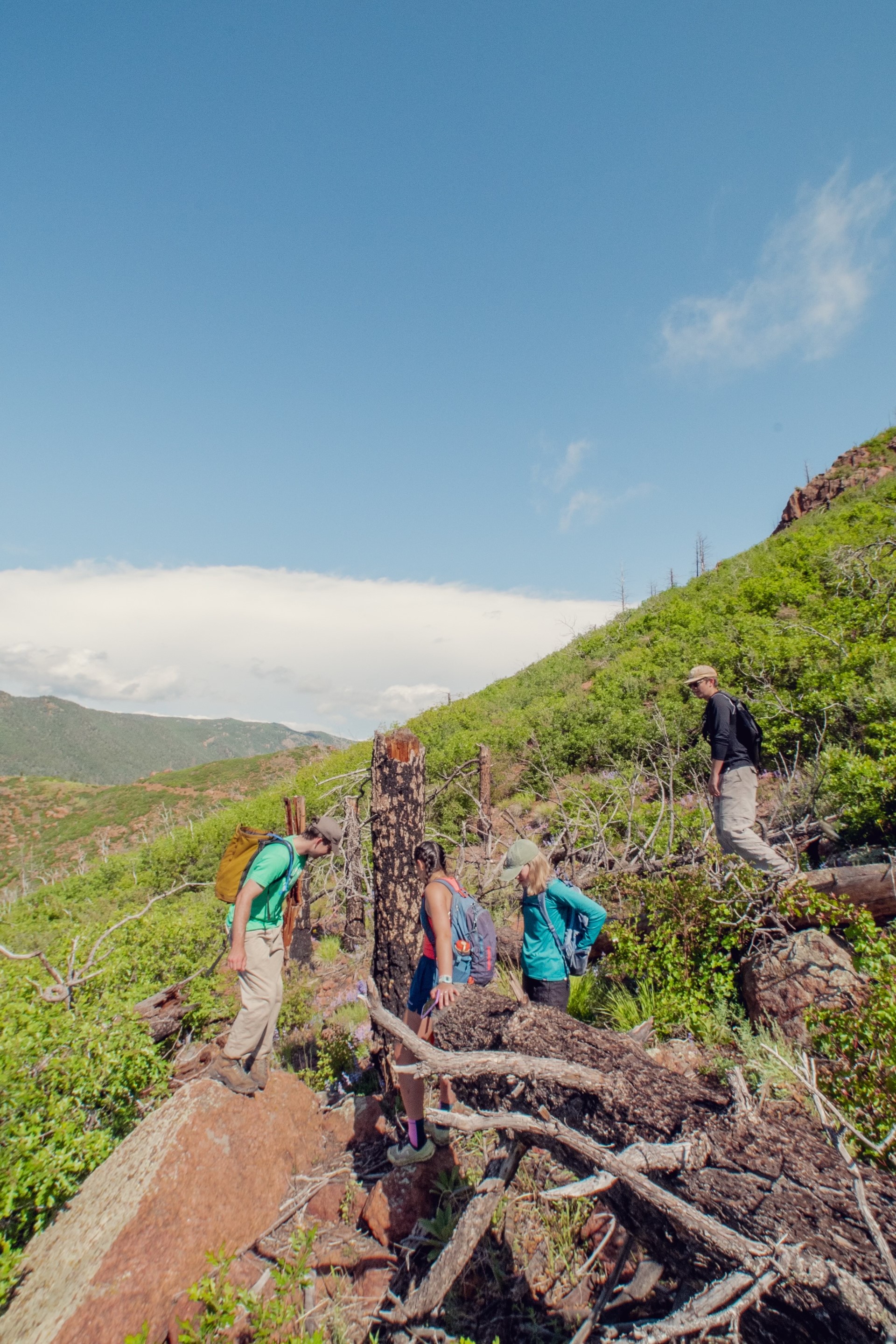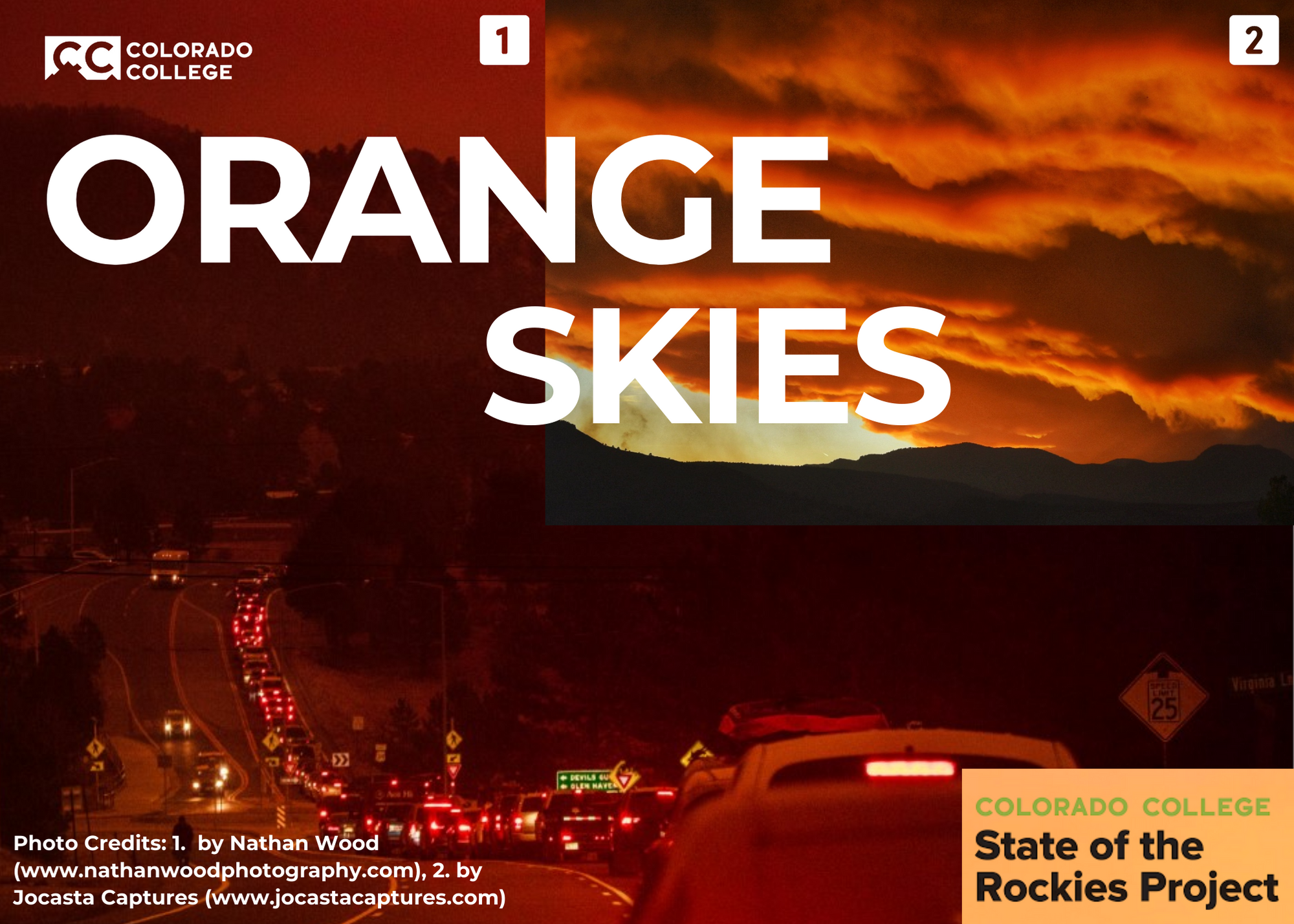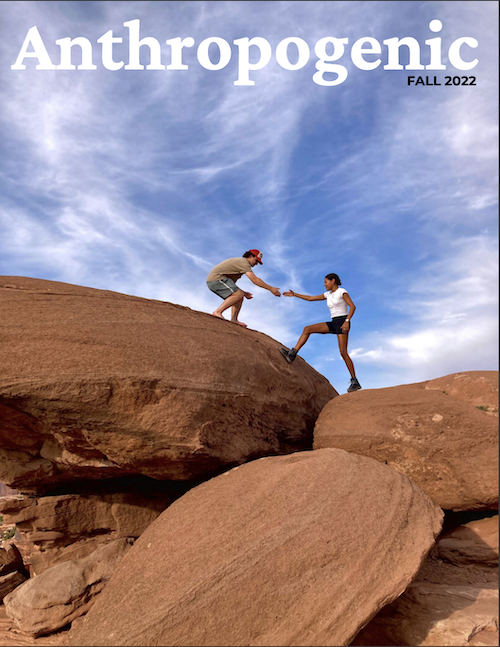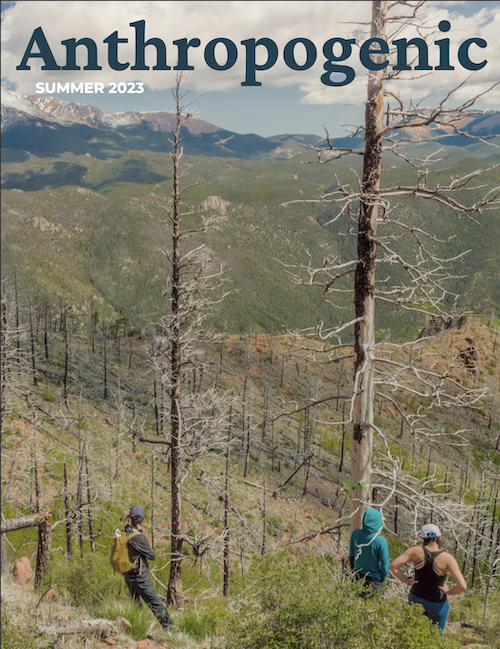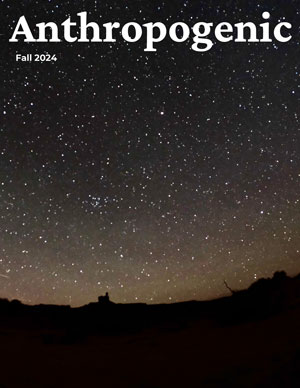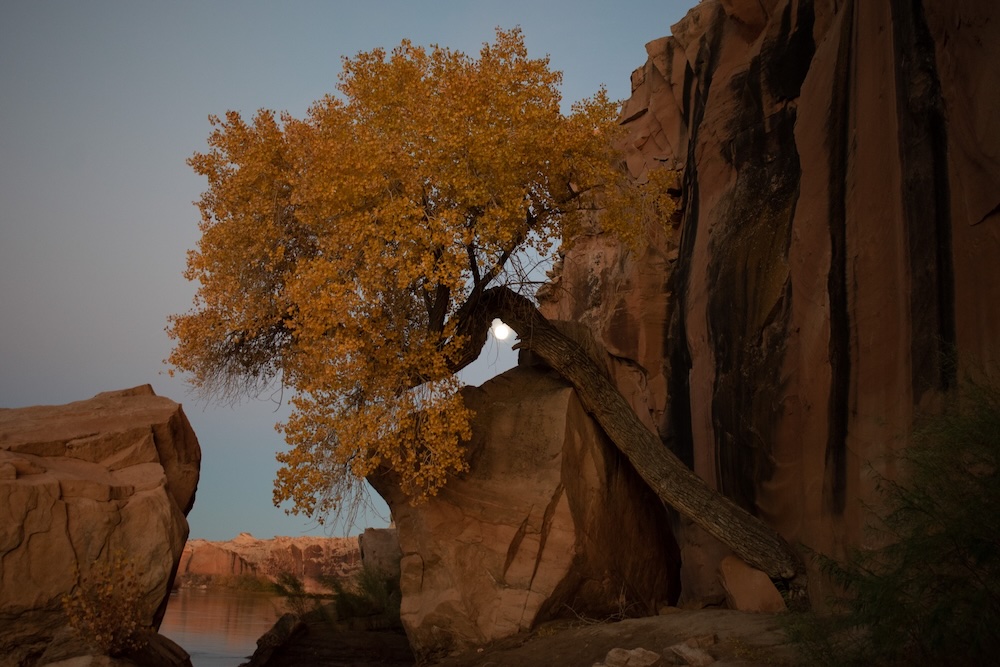
State of The Rockies
State of the Rockies Project
Explore This Section
We encourage students to deepen and broaden their interests in the environmental, social, and political challenges of living in the Rocky Mountain West. Students embark on inter-disciplinary investigations around the region to discover the possibilities for, offer solutions to, and take action toward balancing human activity without further spoiling the natural environment.
Nature's Prism
Baca Campus, Crestone, Colorado
Photo by Cyndy Hines
Job Opportunities
Upcoming Events
2026 Vintage Poster Contest
Winners Announced February 18 @12 pm
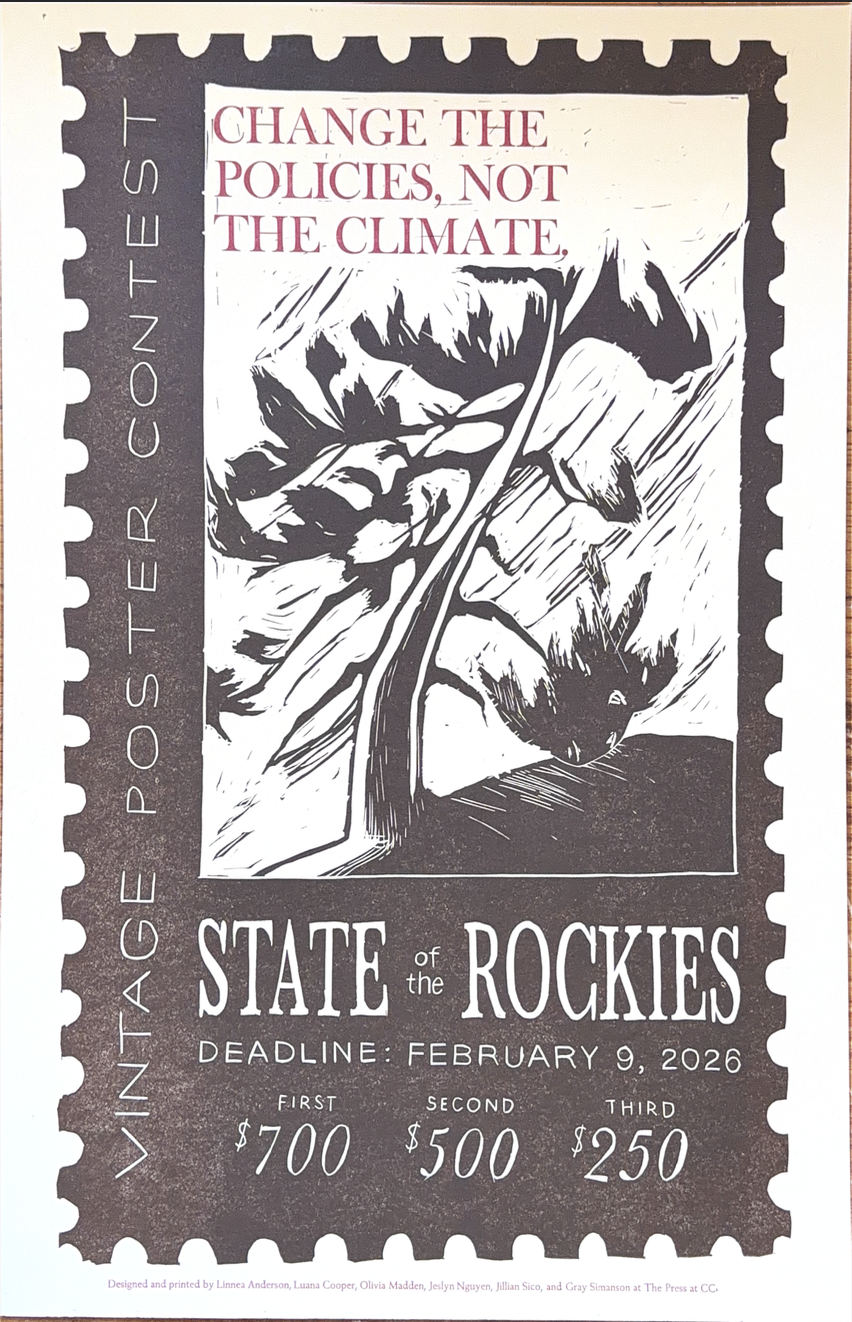
Now Hiring!!! Applications due February 18, 2026 11:59 PM.
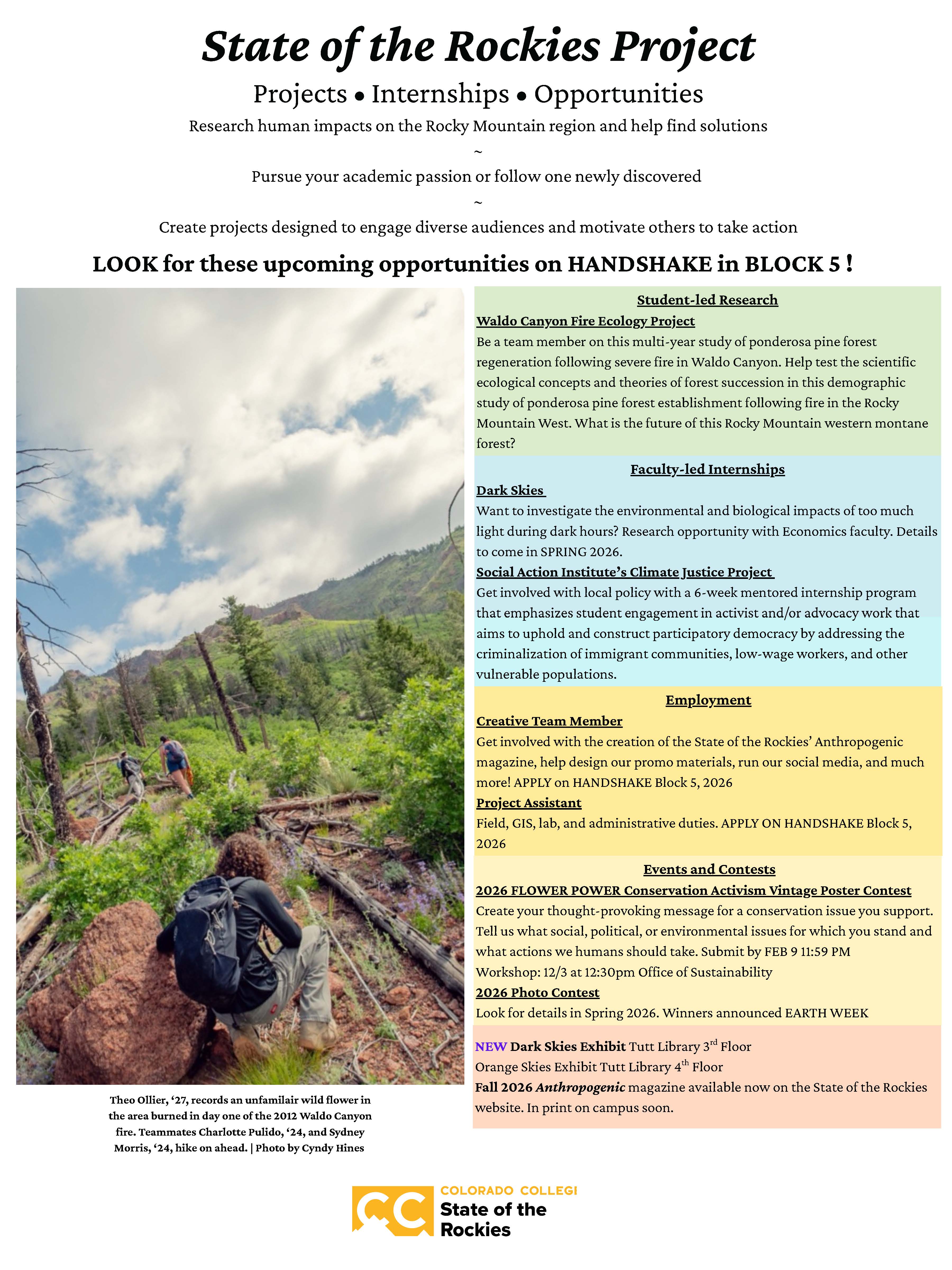
2025-2026 Anthropogenic magazine:
OUT NOW!
A conglomeration of research projects, interviews with alumni, creative projects, and other interesting things centering the environment of the Rockies!
View Here!
SPOTLIGHT
Summer research has begun! More to be posted soon!
2026 Conservation in the West Survey Results
-
- Explore the 2026 poll results
- Explore the 2025 poll results
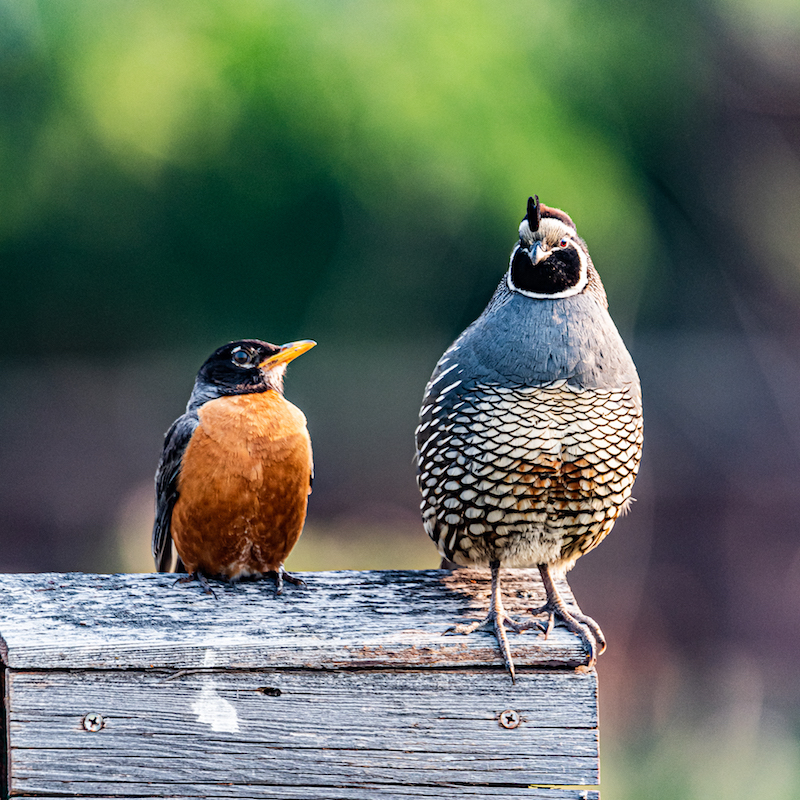
Brothers, SW Montana
Photo by Anil Jergens '23
Photo by Anil Jergens '23
See the Editions of Anthropogenic!
2025 Student Photo Contest
PHOTO CONTEST
WINNERS ANNOUNCED
SEE WHO WON
Associated Sites
Report an issue -
Last updated: 02/17/2026

